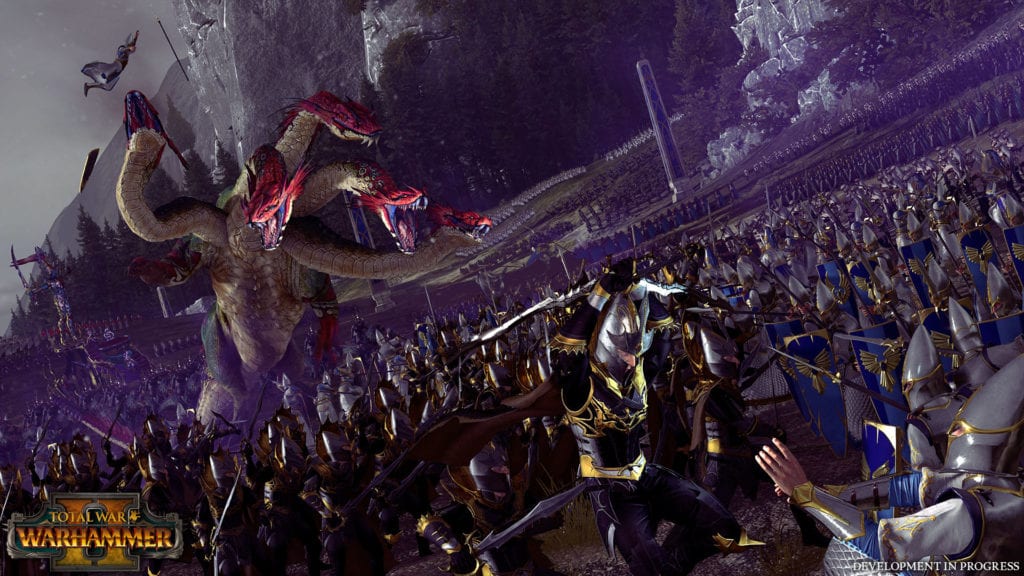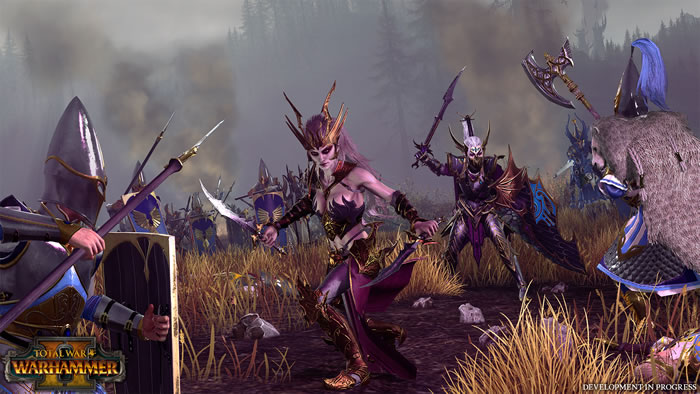

Which is to say it's wonderfully silly, but somehow not too silly to care about.Īnd I have come to care a great deal about my Lizardmen faction leader, Mazdamundi.

It's the most absurd of absurdist fantasy. "War Hydras" just flat-out eat men, elves, and anything else made of meat by the droves. Dinosaur people riding garden-variety dinosaurs rush headlong into Rat Ogres (which is like a regular ogre, but made of rat).

That means the focus is back on the massive real-time battles, a hallmark of developer Creative Assembly's series where the otherworldly elements of Warhammer are still in full force. On the overworld map, the moves you make with Lizardmen, high and dark elves, or the rat-like Skaven are mostly limited to where you put your armies, whether to have them destroy or occupy settlements, and what new weapons of war to research. Like the first Total War: Warhammer in particular, though, the economic and political sim elements are much reduced compared to something like Rome II, Empire, or Shogun. So a certain amount of bean counting has always been part of the process. Granted, like the rest of the Total War franchise, half of the game is still a large-scale turn-based strategy game, with the other half being colossal, real-time strategy battles you can choose to skip. The universal "now you win" bar is awfully sterile, and the abstract objective is a bean counter's job, not something for the titanic, improbable clash of gods and nature that is Warhammer. It all just doesn't feel very " Warhammer-y," aside from the encroaching Chaos armies. The goal is to be the first to fill up the bar and survive subsequent, ever-more-difficult waves of Chaos that appear at specific intervals. Said bars represent resources players accrue, earn, or otherwise cut out of their opponents. Moment-to-moment abilities and attributes set them apart, but an identical overarching objective ties them back together in largely identical quests to fill in progress bars. The factions of Total War: Warhammer 2 aren't quite so diverse. That variation only grew (and grew more expensive) over time with a glut of DLC. The wildly varied Warhammer fantasy universe allowed each of the game's factions to be unique-not just in terms of starting map location and slight differences to cavalry charge speed but also through wholly different mechanics and campaigns. Links: Steam | Official websiteAt release, Total War: Warhammer seriously benefitted from untying the strategy series from its historical roots. Game details Developer: Creative Assembly


 0 kommentar(er)
0 kommentar(er)
